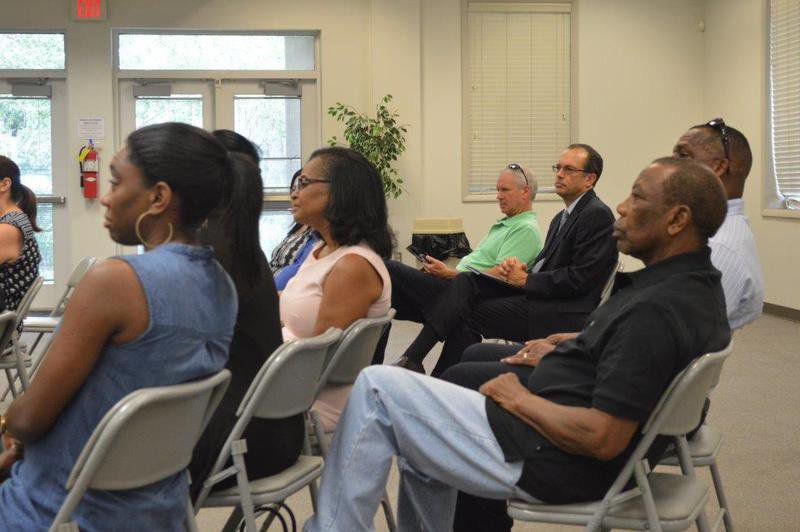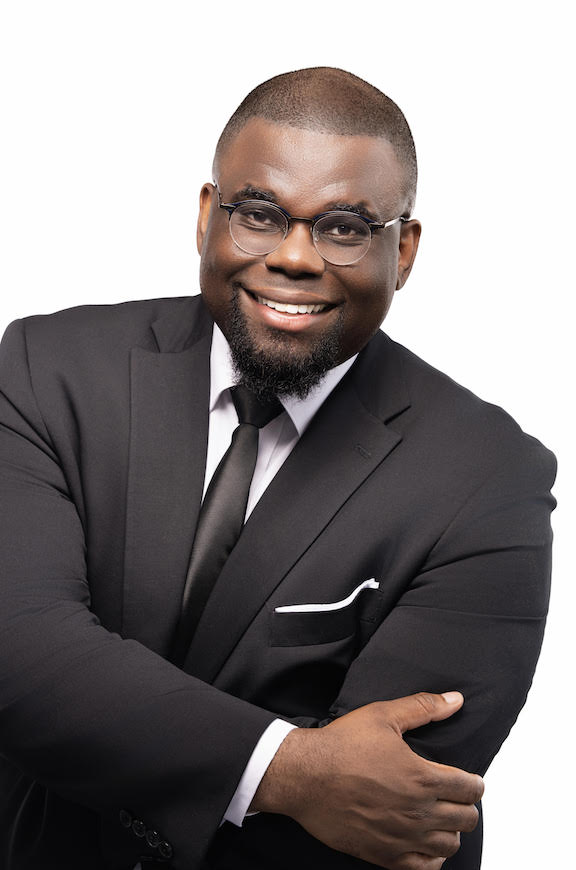Chamber: Education, workforce affect business development
Published 12:00 pm Tuesday, September 19, 2017

- Submitted Photo
VALDOSTA —The Valdosta-Lowndes County Chamber of Commerce held a Members To Be Heard: Education & Workforce Development meeting recently at the City Hall Annex.
Amanda Johnson, education and workforce development chairman, facilitated discussions focusing on development issues that affect community business development.
Trending
Speakers presented information to help the community know what chamber member businesses need from local, state and federal legislators as it relates to education and the workforce.
Alma Williams presented information on early childhood education
“It takes more time to un-teach something that has been taught incorrectly than it does to teach it right the first time,” she said.
Benefits of early childhood education, she said, include:
• improved socialization skills
• less need for special education in later years
Trending
• enhanced attention span that promotes time-on task skills
• more likely to graduate high school and go to college
• fewer behavioral issues, and less likely to be involved in crime
Issues in early childhood education, she said, include:
• a gap between policy and implementation
• more emphasis is put on academics than play, technology is replacing play at home and school
• lack of teacher-directed education; more computer-directed education cause to miss personal interactions
• family involvement missing in learning experience
• educators live in fear of complaints from parents
“Change takes time but we need to give change time to be implemented, because it is very difficult to change values,” she said.
“All young children should receive a high-quality childhood education; that is my call of action to the community and the state, and it should be a high-quality program that is accessible regardless of income. Our communities are better when we have access to that education.”
Andrea Schruijer, Valdosta Lowndes Development Authority executive director, presented on labor and law.
“The development authority works with existing industries very heavily to ensure that they have the workforce that has the right skill set to work with them,” she said. “We act as a liaison between several different entities in our community.”
She explained the Great Promise Partnership.
The program takes sixth through 12th-grade youth and teaches them how to enter the workforce. The applicants go through an application and interview process where the companies conduct the interviews, and if hired, they make the same wage as any other hourly employee for that company. The industry has to serve as a mentor to teach them the proper skill set.
“What we are finding a lot with our young people is that they don’t necessarily have the life skills or the social skills to enter into the workforce,” she said. “This program is showing them how to break that cycle and teaching them the right skill sets that they need in life and how to apply that in the workforce.”
Bill Tipton, director of economic development at Wiregrass Georgia Technical College, presented on apprenticeship programs.
“Our mission at the college is workforce development and that is what we are doing out there everyday,” he said. “We have a renewed effort right now to work with companies in our area; we are a registered apprenticeship sponsor with the Department of Labor.”
Types of Apprenticeships
• Manufaturing
• Welding
• Industrial Systems Technology
• Automotive and Disel Mechanics
• Mechatronics
• More coming soon
Contact Michael Williams at michael.williams@wiregrass.edu for more information.
Brian Gerber, provost and vice president of academic affairs, Valdosta State University, presented on innovation and the development of new ideas.
“Sixty percent of jobs 10 years from now have not yet been created,” Gerber said.
“It will be through vibrant, energetic and innovation-oriented partnerships within the community and VSU and other higher education entities that will prepare our students and communities to boldly and confidently lead us into the future.”
Potential jobs, he said, include:
• augmented reality architects: Like the paint we put on houses to the spices on foods, our lives would seem boring our reality has not been augmented somewhat, he said.
• waste data managers: A fast-evolving information storage industry exists; people will be needed to streamline data storage by ridding data centers of needless content, he said.
• urban agriculturalism: The next generations will produce growing operations that will be located underneath grocery stores where the produce will be sold to customers, he said.
• 3D printing engineers: The demand for printer products will only continue to increase.
• Nano medicines: Medical problems most people have can be traced to a single cell or a small group of cells.
“My call to the chamber is to take a lead in being a disruptor. Aggressively assist business and university collaborations and do anything possible to make sure we are seeing the future and preparing the workforce for it,” Gerber said. “If we are comparing this year’s numbers with last year’s numbers, in any measure, then we are failing to see the tidal wave of change further out on the horizon.”
Other presentations were made by representatives from Georgia Department of Early Care and Learning, Telamon Corporation, and Dolly Parton Imagination Library.
The next Members to be Heard discussion will be 4 p.m. Thursday, Sept. 21, focusing on development issues that affect the community’s health-care development. The event will take place at the Chamber of Commerce, 416 N. Ashley St.
LaShaunda Jordan is a reporter with The Valdosta Daily Times. She can be contacted at (229)244-3400 ext. 1257.





